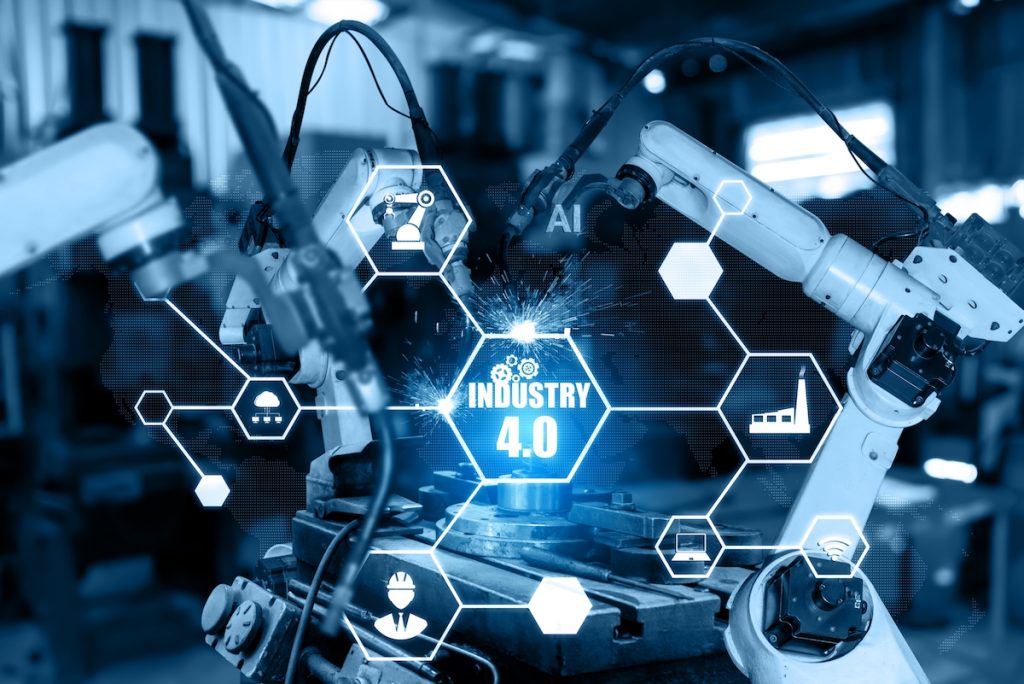A new BPI Report: only 1.5 % of large companies have a clear vision for IIoT
Many companies are unprepared for the Industrial Internet of Things (IIoT), according to a new study just released by the Business Performance Innovation (BPI) Network.
The study also suggests that large-scale integrators and other channel partners will be among the biggest IIoT beneficiaries over the next several years. They will likely play a significant role in planning and implementation for many companies. This is a result of a major internal gaps in the technical skills and management know-how needed to deploy and integrate IoT into operations and new products.
“Less than 2 percent of large companies say they have a clear vision for how to move forward or have large-scale implementations underway. That dichotomy suggests we are experiencing the lull before the storm of IIoT transformation. This is an opportunity for real competitive differentiation and advancement.”
Among key findings of the IIoT survey:
- 52 percent of executives at large enterprises — and 41 percent of executives at all companies — expect IIoT to have a significant or major impact on their industry within three years.
- Some 55 percent of all executives say IIoT is gaining adoption within their industries, including both pilots and larger-scale adoption.
- However, just 1.5 percent of executives at large companies say they have a clear vision with implementation well underway. Another 57 percent are either beginning implementation, have pilots underway or are committed and in the planning stages.
- New products and services lead as the area most companies say they will focus their IoT investments (35%), followed by customer touchpoints (29%), and manufacturing (23%).
- More cost-efficient operations (47%), product and service differentiation (36%), and improved customer engagement and satisfaction (34%) are seen as the top benefits of IIoT.
- Security and data privacy is among top concerns by executives, followed by the cost and complexity of IIoT adoption and the need for new management and workforce skills and training.
IIoT Readiness Lacking
Making the transformation to IIoT-enabled businesses will clearly require new skills and mindsets. Chief among those requirements, are new technical skills, better data integration and analytics capabilities, and rethinking the business model. Most executives, however, say their companies have significant gaps in these areas.
Some 31 percent of executives say their organizations face a “major skill gap” in their IIoT readiness. Another 31 percent say the talent gap is “large, but improving somewhat.” Twenty percent say their IoT skills are quickly improving. Seven percent believe they have most of the skills in place.
Similarly, just 12 percent give their company an “excellent” rating in their capacity to develop and deploy applications that utilize real-time insights and systems monitoring. Another 25 percent rate their capacity as good. One-third say their corporation’s ability in this area is moderate and improving.
“Global businesses are clearly working to put the needed skills in place to address the opportunity of connected, intelligent products and machines, but those talents are in short supply,” the BPI Network’s Murray explained.
The study was based on a global survey of some 350 global executives and interviews with innovation leaders at large global enterprises. Some of them are: Airbus, Balfour Beatty, CNH Industrial, Embraer, Grunenthal, Hitachi, Kennametal, LafargeHolcim, Nidec, Nuon, RB, SCA.
To learn more about the findings of the report and read about other companies who are advancing their IIoT capabilities, download your copy.
